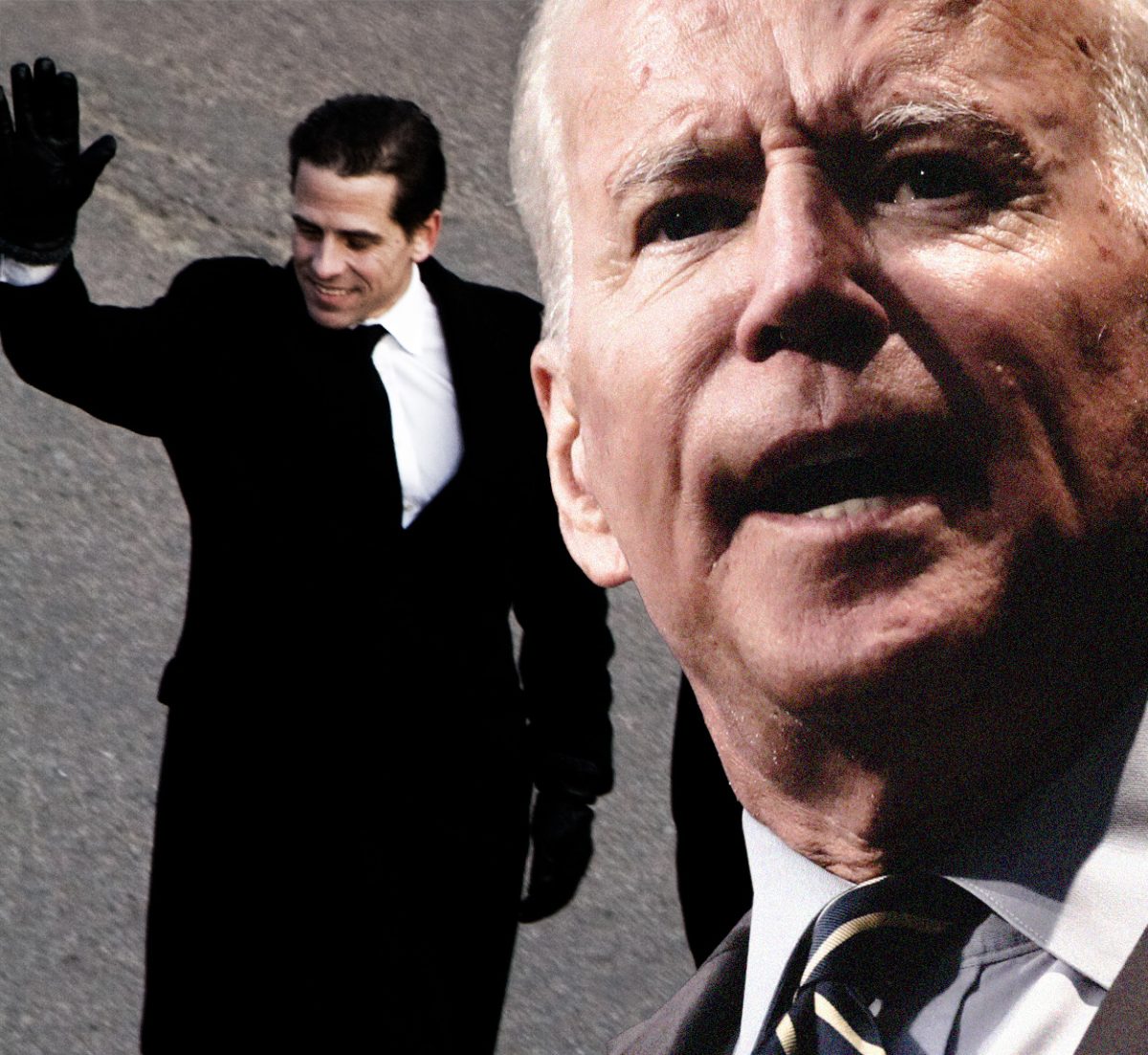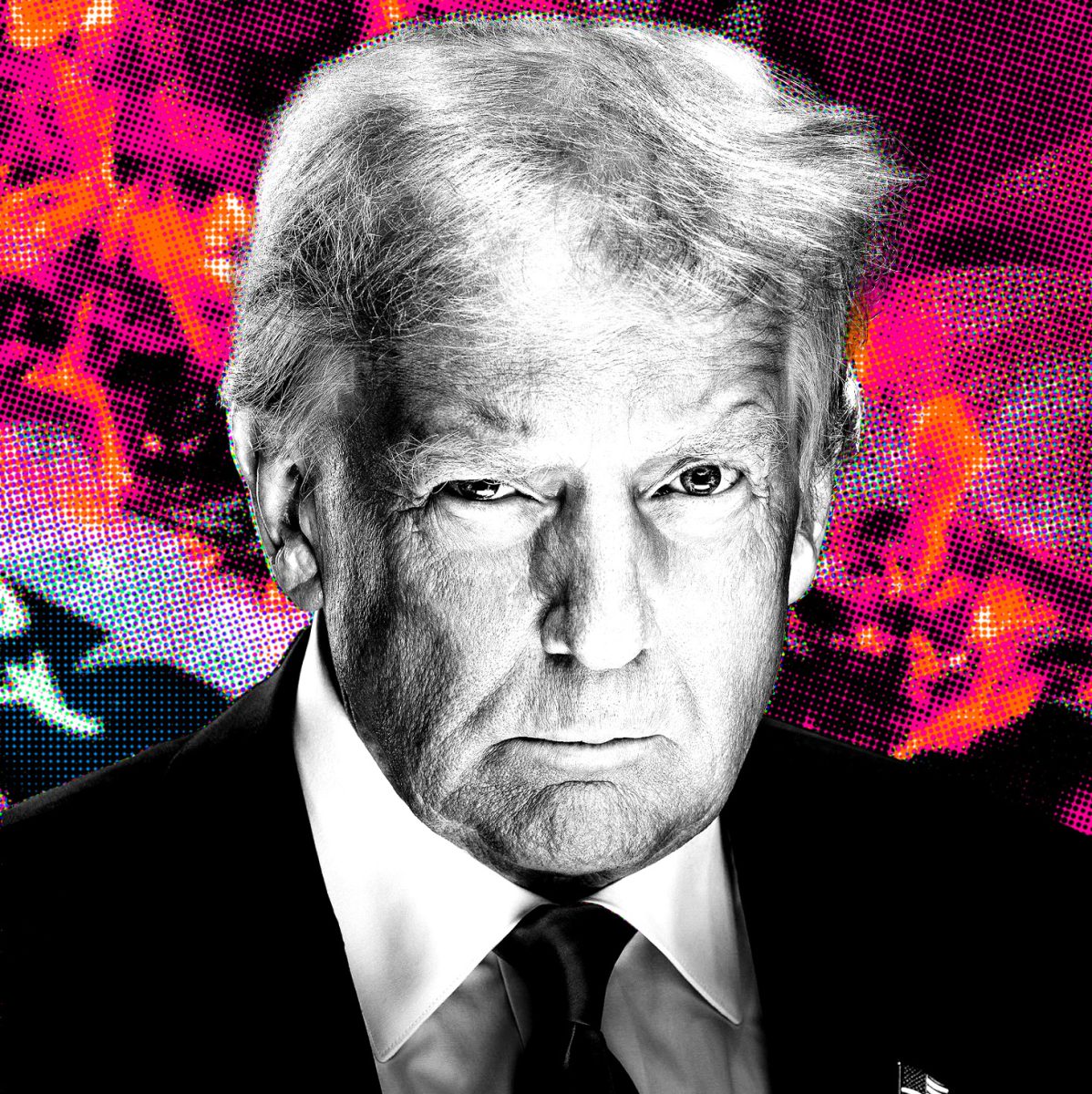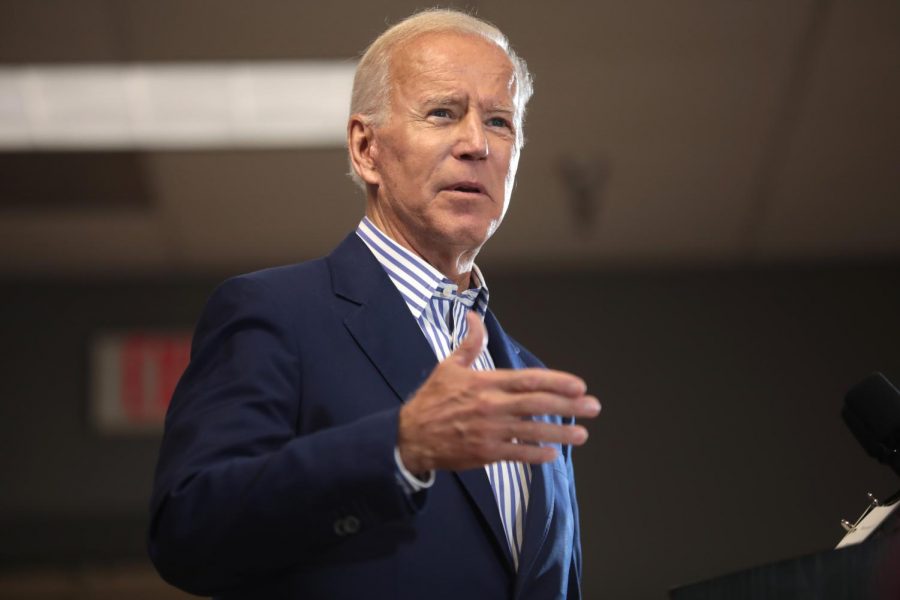Within his last weeks in office as president, Joe Biden has exercised an abuse of power that is unconstitutional and should not be justified.
On Dec. 1, Biden issued a full and unconditional pardon for his son, Hunter Biden, even after he stated that he would not use his executive power to benefit family members. The pardon grants Hunter official forgiveness for any offenses that he may or may not have committed or participated in during the period from Jan. 1, 2014 through Dec. 1, 2024.
Hunter Biden faced sentencing for two criminal cases: federal tax evasion and federal gun charges. On Sept. 5, in a Los Angeles federal court, he plead guilty to three felony tax offenses and six misdemeanor tax offenses. He had failed to pay $1.4 million in taxes and filed false returns.
On June 11, he was convicted of three felonies in his federal gun trial. He illegally bought and possessed a gun while addicted to crack cocaine. Hunter lied on the mandatory gun purchase form by saying he was not using or addicted to drugs, but the jurors of the court stated that he was well aware of his actions while filling out the form. The ruling was the first time a child of a sitting president was convicted of a crime.
The pardon was issued about two weeks before his sentence hearings, which were Dec. 12 for the gun case and Dec. 16 for the tax case. Hunter Biden faced up to 25 years in prison for his federal tax evasion and 17 years for his federal gun conviction, both of which he should have readily served if chosen.
In his statement, Joe Biden expressed how his decision stemmed from a presidential and paternal perspective. He claims that his son’s case was “unfairly” prosecuted and was a “miscarriage of justice.” While there is an understood sentiment and reasoning behind his executive order, it still does not justify his son’s behavior.
Hunter plead guilty to his tax evasion, and a 12-person Delaware jury found him guilty of his gun charges. He underwent the same judicial process as any other citizen would, and he should face the consequences of his actions.
With that being said, Joe Biden is not the only president who has issued controversial pardons. Gerald Ford and Bill Clinton both announced pardons that sparked conversation among the public. Similar to Biden, Clinton pardoned a relative as well, his half-brother, Roger Clinton, in 2001 for a 1985 cocaine possession. Cases like these raise the question of when is it actually appropriate to issue this executive order because they can create conflict. Biden’s pardon is affecting his own legacy and the future presidency of president-elect, Donald Trump.
In addition to the Democrat’s 2024 election loss, Biden is further impairing his legacy by setting a newfound precedent that Trump’s legal team could take advantage of. Biden’s White House staff and administration are considering preemptive pardons for people who may be potentially prosecuted by Trump once he is in office. There are significant concerns that Trump will take the “enemies from within” to court as he has publicly indicated to over the years. This includes Kamala Harris, Nancy Pelosi and Liz Cheney.
We now face the challenge of protecting innocent people who have never been charged with crimes and may be unfairly prosecuted.
Biden’s pardon for his son has caused a predicament within our judicial system. People in positions of power should not exercise their authority for their own benefit or the benefit of family members and loved ones. No one is above the law, not even the President’s son.
This story was written by Rachel Lopera. She can be reached at rachel.lopera@marquette.edu
The photo of Hunter Biden used in the graphic for this column is courtesy of acaben on Flickr: CC BY-SA 2.0. The photo of Joe Biden used in the graphic for this column is courtesy of Gage Skidmore: CC BY-SA 2.0.









